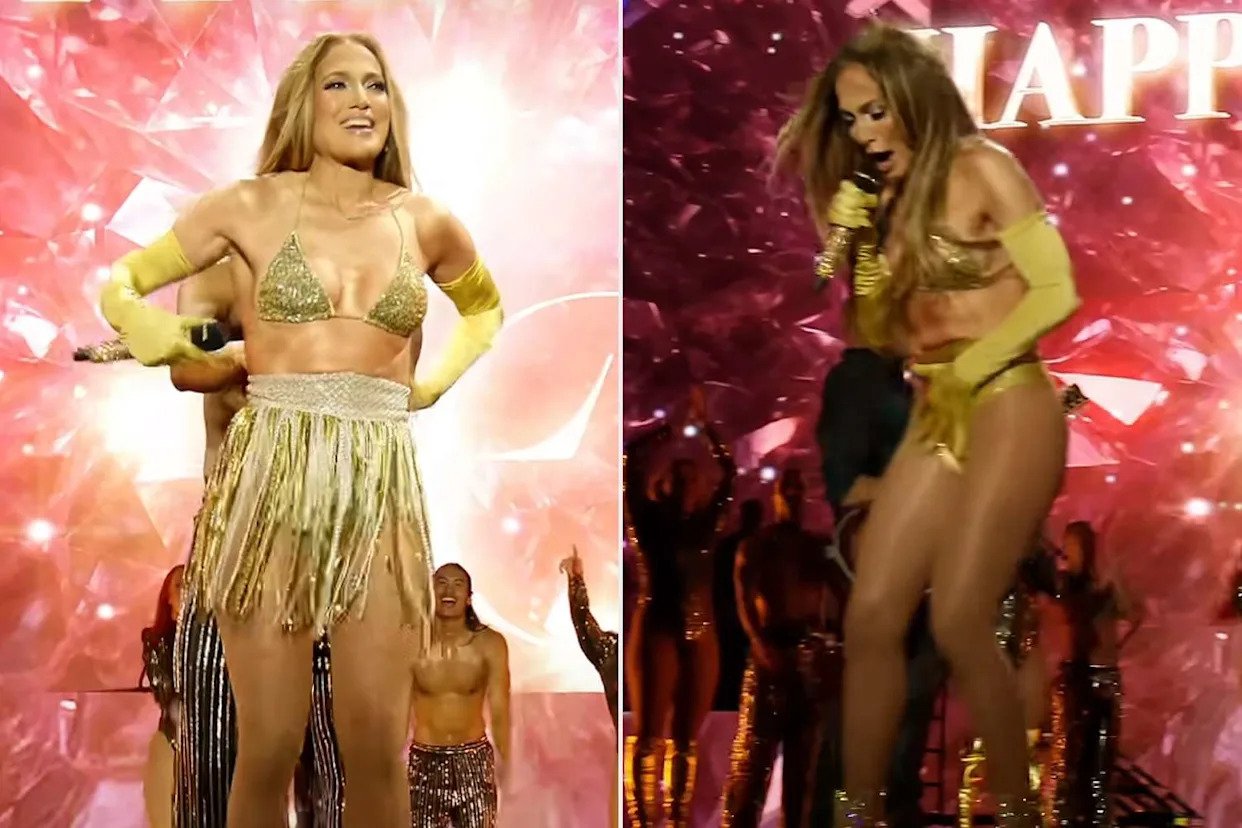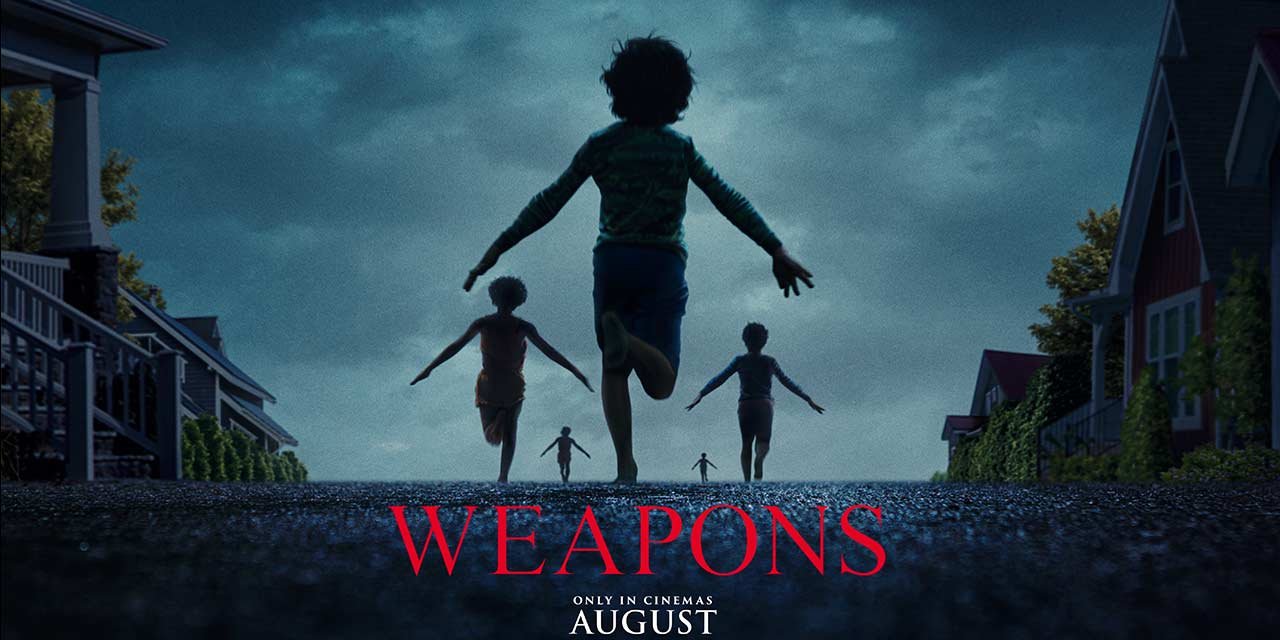Sydney Sweeney’s American Eagle Ad Sparks Controversy: What Went Wrong and Why It Matters
In a world where fashion meets fierce online debate, the Sydney Sweeney American Eagle controversy has proven how quickly

In a world where fashion meets fierce online debate, the Sydney Sweeney American Eagle controversy has proven how quickly a brand campaign can spiral into a cultural battleground. What started as a denim ad featuring the “Euphoria” and “White Lotus” actress has turned into a viral lightning rod with backlash, political commentary, and conversations around race, beauty standards, and woke culture.
Let’s break down what happened, why it matters, and what it reveals about today’s volatile mix of marketing and identity.
The Ad That Sparked It All
American Eagle rolled out a seemingly harmless tagline: “Sydney Sweeney Has Great Jeans.” Featuring the 27-year-old actress lounging in denim, smiling for the camera, the campaign was designed to blend youthful charm with classic American style.
But it didn’t take long for the phrase “great jeans”, a cheeky play on “great genes”, to light up social media. Critics were quick to call out the Sydney Sweeney American Eagle controversy as a dog whistle for outdated, and even supremacist, beauty ideals. The blonde-haired, blue-eyed star was cast as the face of a campaign that, to many, felt coded.

Social Media Goes Into Overdrive
Twitter, TikTok, and Instagram exploded with commentary. Online discussions quickly turned intense, with many questioning whether the ad unintentionally spotlighted a narrow portrayal of beauty, one that leans heavily on conventional Western ideals rather than embracing diversity. Others mocked the campaign’s wordplay, arguing that in an era pushing for inclusivity and representation, the choice of words and the face attached to it were tone-deaf.
American Eagle, for its part, stood its ground. In a public statement, the brand clarified that the campaign was literally about denim, “Her jeans. Her story.” They reiterated that their goal was to celebrate how everyone wears AE jeans “with confidence, their way.”
Yet, as the Sydney Sweeney American Eagle controversy gained traction, the discussion widened far beyond fashion. Also Read: Jennifer Lopez Turns Wardrobe Malfunction Into Viral Empowerment Moment During Concert

Trump Weighs In: Politics Meets Pop Culture
In a surprising turn, former President Donald Trump found himself addressing the Sydney Sweeney ad during a Newsmax interview, an unusual intersection of fashion, media, and politics. The anchor, in an odd segue, linked the Sydney Sweeney ad to national birth rates and contrasted it with Dylan Mulvaney, a transgender influencer who previously starred in a Bud Light campaign.
Trump, true to form, went off on a tangent. He slammed the Bud Light ad as “the most unsuccessful ad in history” and praised the Sweeney campaign for its popularity and “traditional appeal.” With an on-screen banner reading “Trump Ends the Era of Woke,” the interview turned a brand campaign into a political talking point.
This unexpected twist propelled the Sydney Sweeney American Eagle controversy beyond online chatter, thrusting it into the heart of America’s ongoing political and cultural debates.

Celebs Clap Back: Lizzo and Doja Cat Join the Chat
As the controversy grew, celebrities like Lizzo and Doja Cat jumped into the fray. Lizzo posted a satirical take: “My jeans are black…” alongside a manipulated photo showing herself in the same outfit Sweeney wore. Doja Cat uploaded a TikTok parody, mimicking Sweeney’s ad script in an exaggerated accent.
These reactions, both humorous and critical, helped fuel continued conversation around what the ad represented and what kind of beauty narratives brands should or shouldn’t push.
What’s Really at Stake?
Beyond the headlines and hot takes, the Sydney Sweeney American Eagle controversy opens up deeper conversations about:
Representation in fashion advertising: Who gets to be the face of a campaign, and what unspoken messages are those choices sending? Wordplay and marketing sensitivity: In an age where language is scrutinised, even playful slogans can backfire if not carefully considered.
Brand risk management: As seen with Bud Light and now AE, the wrong message, even unintentionally, can spark economic and reputational fallout. Political weaponisation of pop culture: A denim ad now sits at the centre of a wider culture war, showcasing how brands must navigate identity politics with caution.
And Yet… Sales Are Soaring
Ironically, amid all the outrage, American Eagle’s sales received a notable boost. Reports suggest that the brand’s stock rose over 10% after the ad debuted. Some jeans featured in the campaign even sold out, suggesting that controversy, in some cases, can drive visibility and conversion.
Still, one has to ask: At what cost?

Final Thoughts: What This Means for the Future of Advertising
The Sydney Sweeney American Eagle controversy is more than a viral moment; it’s a case study in how even the simplest marketing decisions can ripple into controversy in today’s hyper-connected world.
For brands, the lesson is clear: Creative concepts, language, and casting choices must be examined from all angles, not just for impact but for potential interpretation. Because in the age of social media, no message exists in a vacuum. And for audiences, it’s a reminder to look deeper at both the intention behind an ad and the cultural baggage it may carry.






